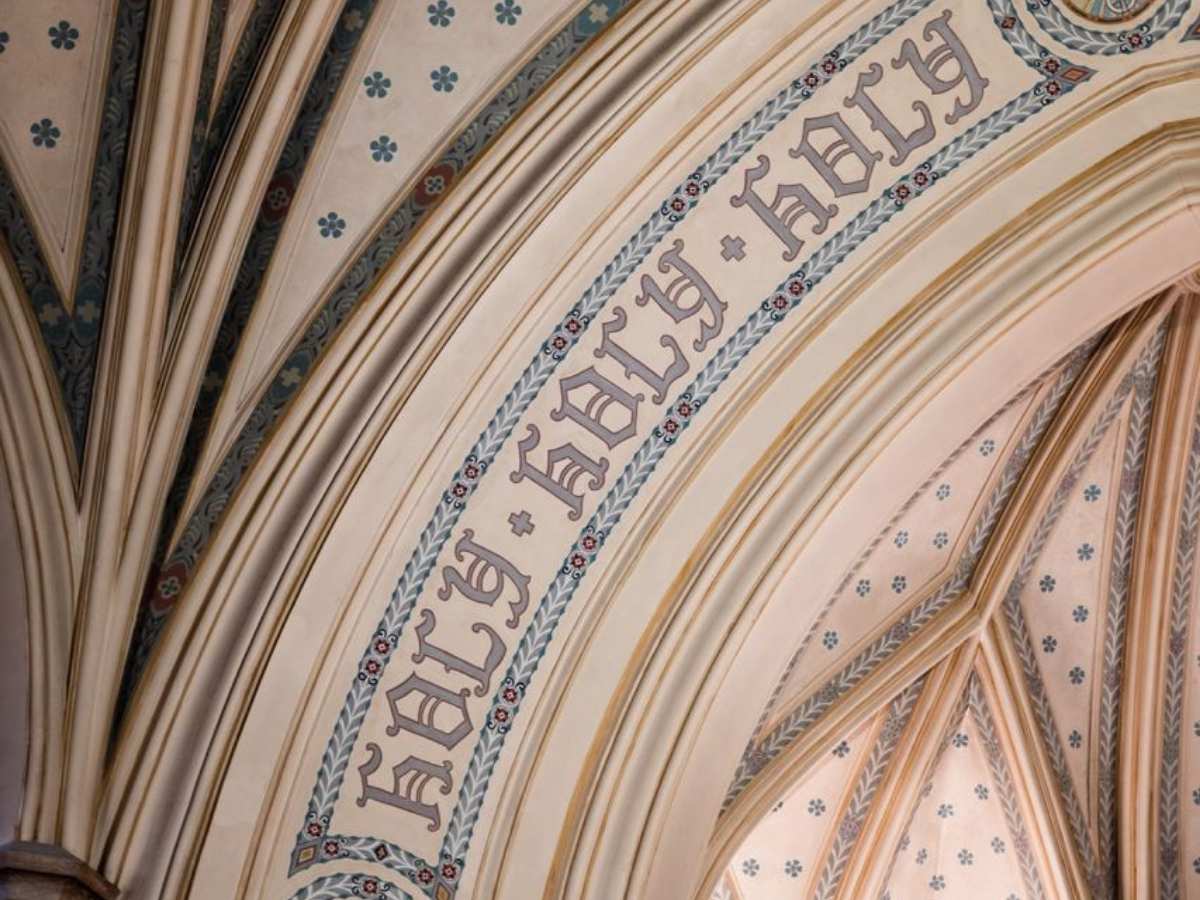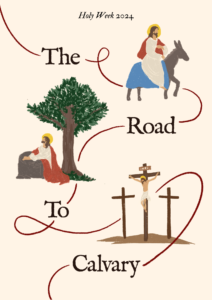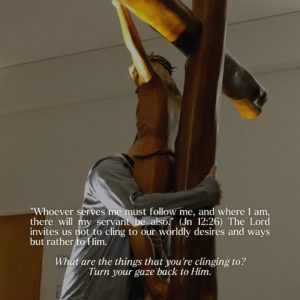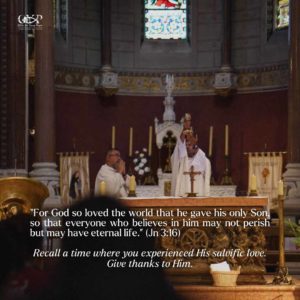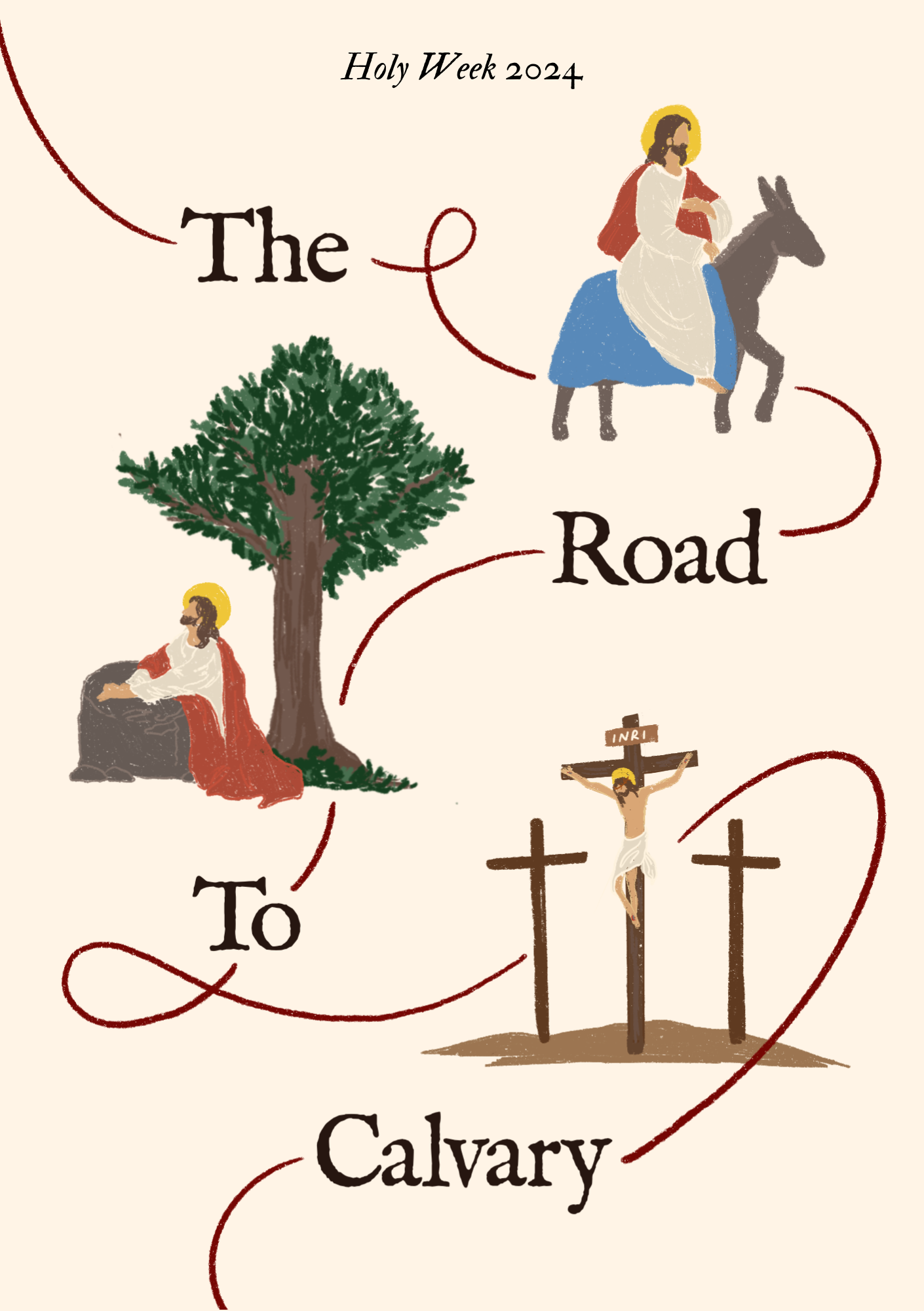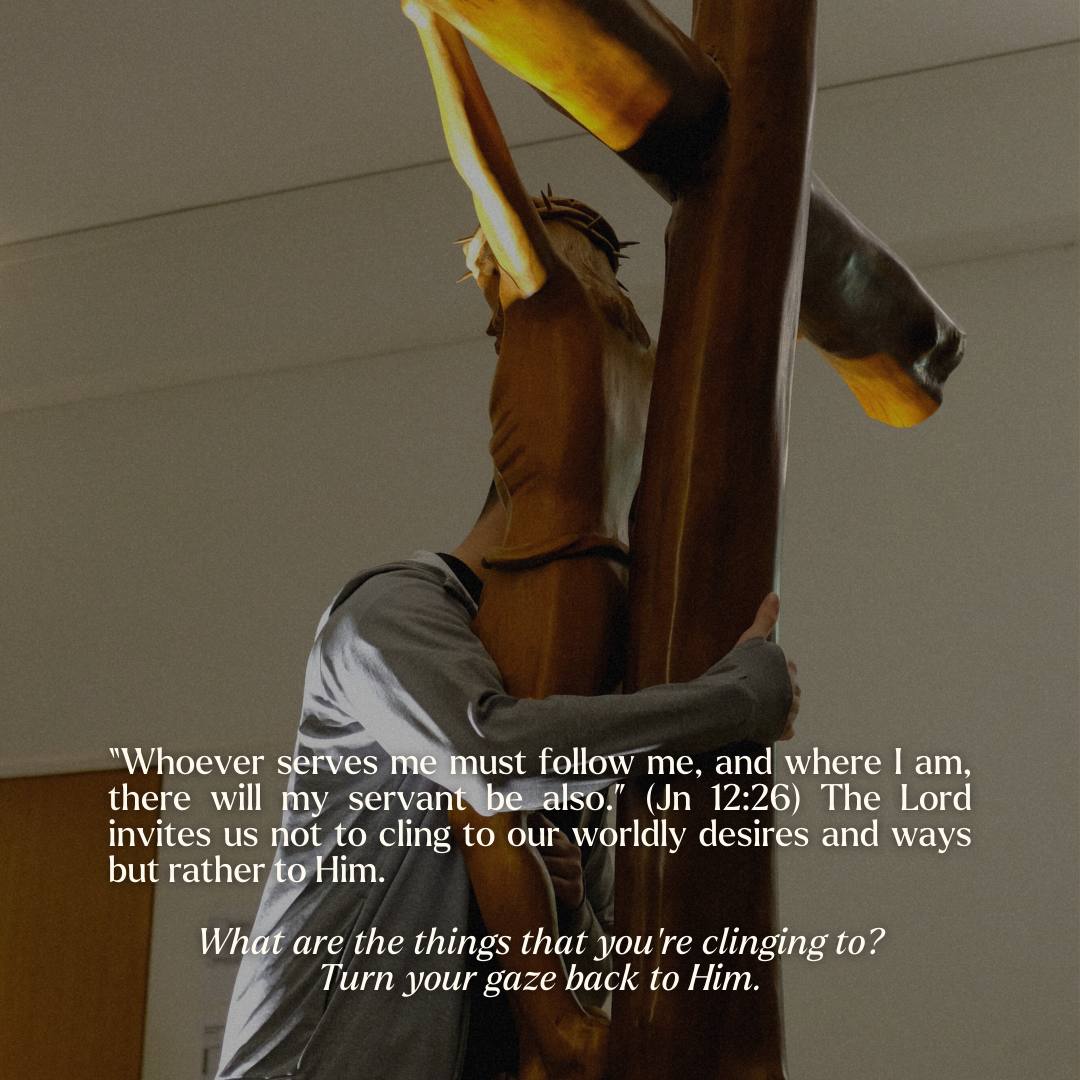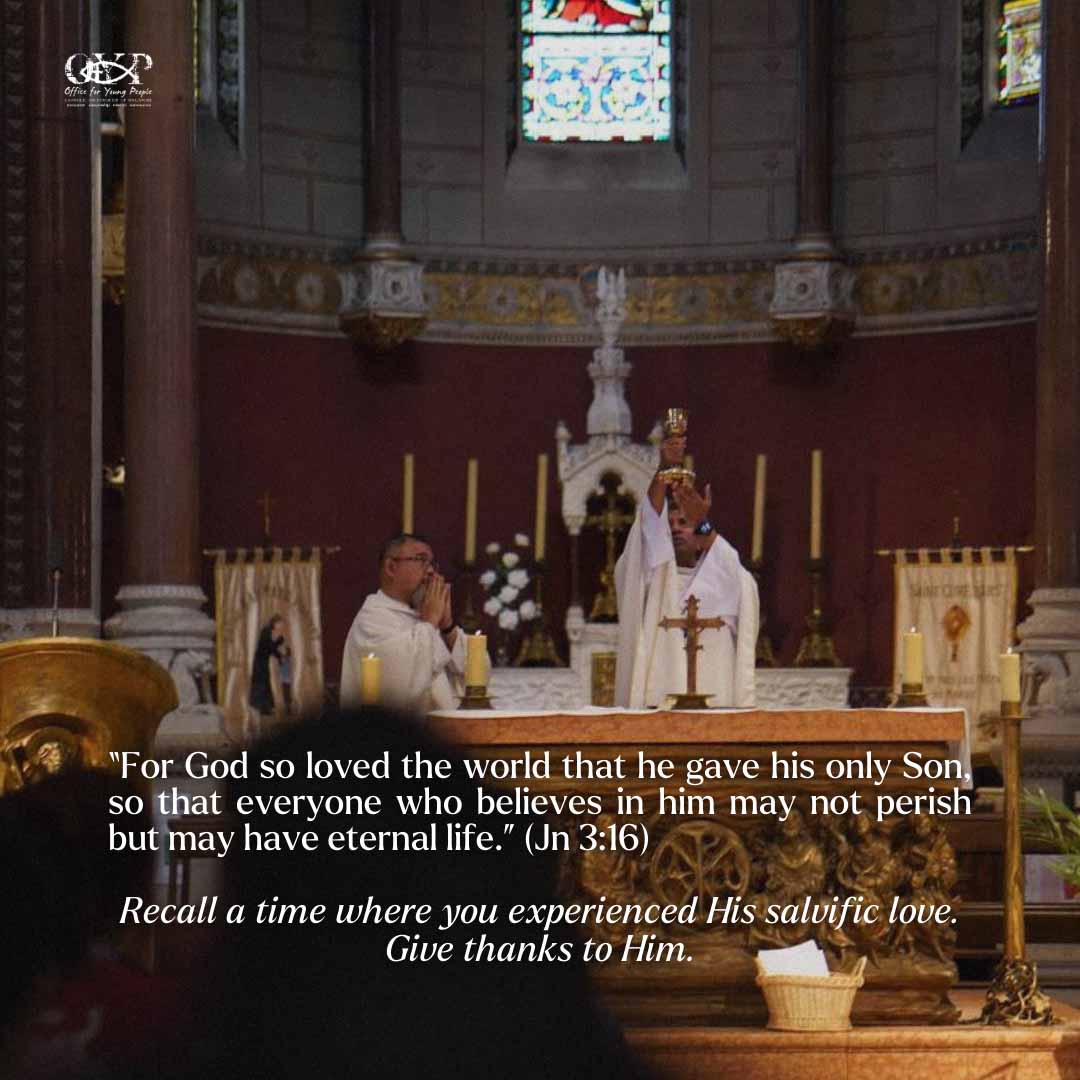By Joshua Wong
From a distance, the Mass seems old and traditional with the repetition of “stand-sit-kneel” at different points of time. However, up close, the Mass is something rich, alive and moving.
The central element of the Mass is the Eucharist. ‘Eucharist’, coming from the Greek ‘eukharistia’, meaning thanksgiving. But what, or more accurately, who are we giving thanks for? When we start from the point where Jesus says ‘This is my body, which is given for you’ (Luke 22:19), we can understand that we give thanks to Jesus for his full giving of himself to us. The Eucharist points to Jesus, and as CCC 1327 writes that “the Eucharist is the sum and summary of our faith”, the Mass can be an entry point to understanding what a Catholic believes in.
The richness of the mass lies in how much is packed into the half-hour or one hour that we experience every week. While it seems like the mass is isolated within the time we are in attendance, our participation in the Mass is done in fellowship with the Apostles and the early Church. The early church also ‘devoted themselves to the apostles’ teaching and fellowship, to the breaking of bread and the prayers’ (Acts 2:42). Apart from the Sundays that we set aside for mass, there are also days of obligation–days that mark the sacred time within the Church’s calendar. .
The Mass can be divided into two sections: The Liturgy of the Word and the Liturgy of the Eucharist. “Liturgy” comes from the Greek ‘leitourgia’, meaning ‘work of the people’, work that specifically highlights that what is happening is sacred, but it is also an invitation to participate in and remember, very much so within what the faith encapsulates. The Liturgy of the Word calls to mind what God has done and his promises (from the Old Testament), the Psalms (songs of praise), the living of the Christian life (from the New Testament), and the life and teachings of Jesus (Gospels). The Liturgy of the Eucharist is then a reenactment of the Last Supper that Jesus had with his disciples before his passion, death, and resurrection.
The ‘Mass’ already calls forward many different elements: thanksgiving, faith, the sacred, and being set apart. From all these elements, Jesus Himself stands in the middle of it all. The Liturgy of the Word allows us to see God’s promises to us, from how he first walked with man and his mistakes and weakness, and how his response is one of love and not condemnation, to send his only son, Jesus, to live with us and die for us. We also hear about the beginnings of the early Church, how the mission of Jesus to ‘go out to the whole world and proclaim the Good News’ is carried out. The Liturgy of the Eucharist is where we witness Jesus giving himself fully to us, the fullest expression of love. Bread and wine, ordinary fruits of the land, become the extraordinary gifts of Jesus’ body and blood when the Priest raises his hands above the gifts invokes the Holy Spirit at the Words of Consecration.
But all which has happened in the Mass also comes with an invitation to receive the same bread that is the Body of Christ. We are not just spectators in the life of Christ, but we are called to participate in it. Furthermore, the word “Mass” is derived from the final statement said at the end. ‘ite missa est’, ‘go, the dismissal is made’. The dismissal is not just meant to send believers out of the Church. Instead, with Jesus received in the Eucharist, it is a dismissal out to the world to share our lives in Christ.
The Mass is thus deeply entwined with the Christian life, not just a period of inconvenient rituals that we are obligated to partake in. French literary scholar and lawyer Blessed Frédéric Ozanam once said, “The best way to economise time, is to ‘lose’ half-an-hour each day, attending Holy Mass.” In ‘losing’ this short period of time, we gain so much more.
Additional Resources:
a. Project Taste & See Round 1 – A Guide to the Mass
https://tasteandseeproject.wordpress.com/a-guide-to-the-mass/

